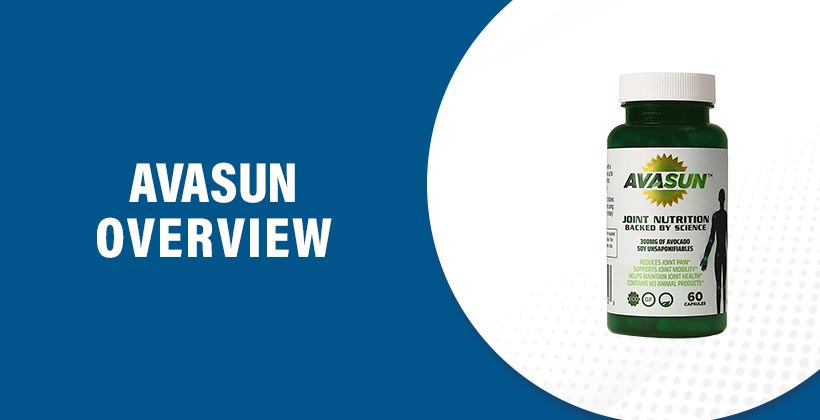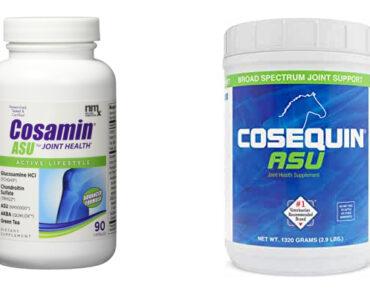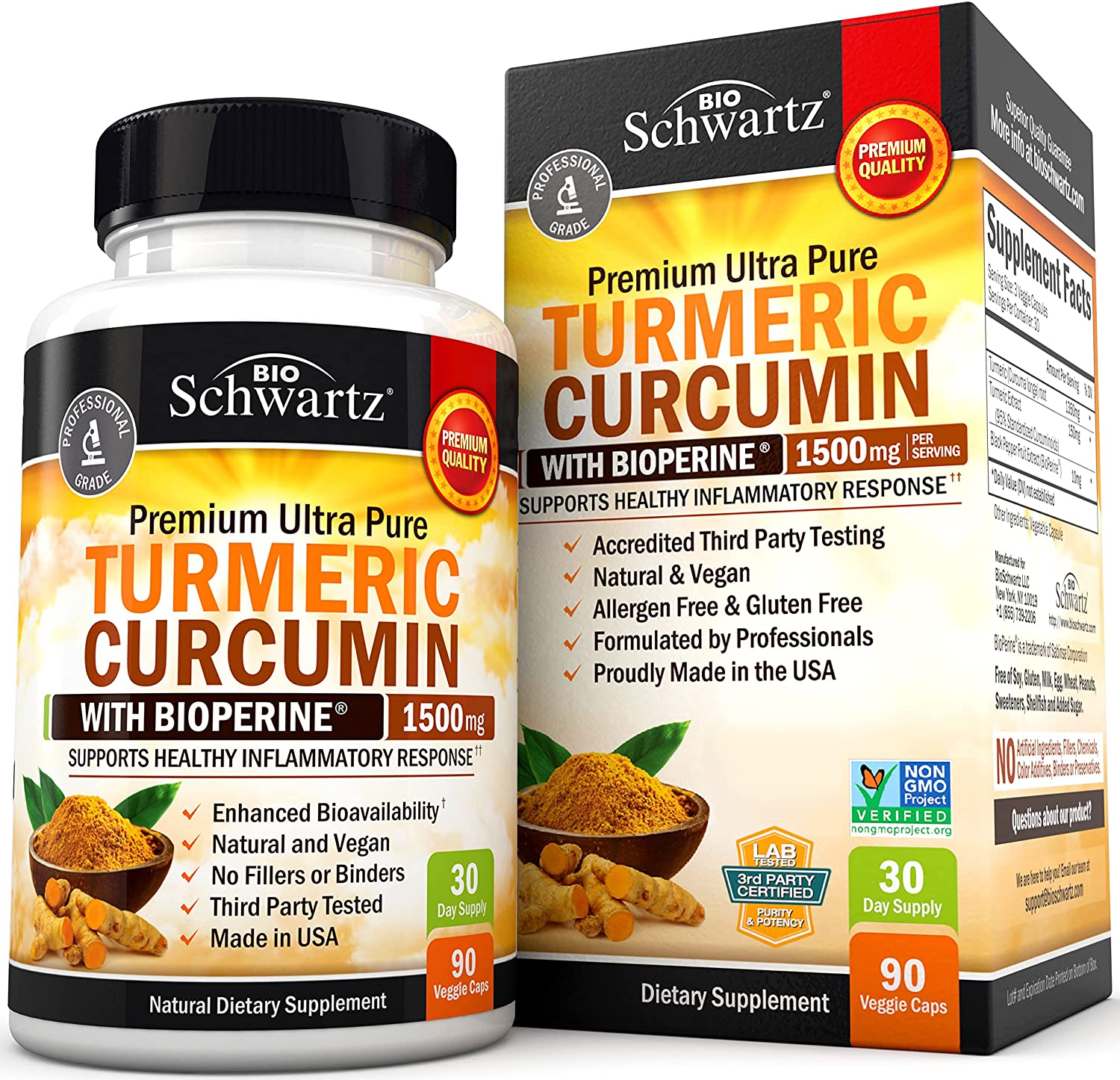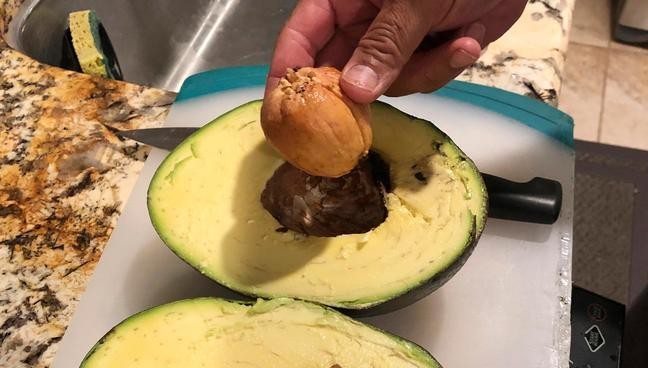
The Stimulatory and Inhibitory Effects of Avocado-Soybean Unsaponifiables Have Been Revealed! Avocado-Soybean Unsaponifiables Have Several Health Benefits! Inflammatory and Catabolic Mediators
Treatment for osteoarthritis
One way to slow the progression of OA is to eat avocado-soybean-based foods, such as Expanscience. The unsaponifiables from avocado and soybean oil have a number of beneficial effects, including the reduction of proinflammatory and catabolic mediator production. Researchers in the United States are currently studying the effects of ASUs on osteoarthritic hips.
Although the avocado-soybean combination has been used for centuries to treat various conditions, studies are conflicting about its effect on osteoarthritis. Glucosamine does not appear to slow the progression of OA in the long term, and it has many side effects, including gastrointestinal complaints, diarrhea, and epigastric pain. It is also suspected to trigger allergic reactions in people with seafood allergies. The compound may also interact with certain medications, such as warfarin and diabetes drugs.
ASUs are a beneficial treatment for osteoarthritis, since they decrease inflammation, inflammatory cells, and the synthesis of inflammatory proteins and enzymes, which contribute to the destruction of cartilage in the body. Despite the potential benefits, avocado-soybean unsaponifiables do not contain enough unsaponifiables to be an effective treatment for osteoarthritis.
Another study examined the effects of avocado-soybean unsaponiffiables on chondrocytes staining positive for iNOS. The group that received ASU experienced a greater reduction in the number of positive cells than did the placebo group. ASU and glucosamine/chondroitin sulfate are also often combined together, and this combination has been widely accepted as an effective treatment for osteoarthritis.
Studies using ASU have shown a reduction in the use of nonsteroidal anti-inflammatory drugs (NSAIDs) in patients with osteoarthritis. The effectiveness of ASU is influenced by BMI, activity level, and severity of the arthritic disease. Even with the limitations of ASU, it is still a promising treatment for OA.
Treatment for autoimmune disease
Recent research shows that an avocado-soybean unsaponiffiables (ASU) supplement can help people with autoimmune diseases. It has a strong anti-inflammatory effect, and it has shown promise for osteoarthritis and autoimmune diseases. In addition to affecting bone loss and repair, avocado-soybean unsaponifiables are also beneficial for postmenopausal women.
In studies, ASU reduces inflammatory cell and protein levels. These inflammatory cells and proteins are linked to cartilage destruction. However, soy oil and avocado oil do not contain enough unsaponifiables, and they do not have enough to benefit osteoarthritis. While avocado-soybean oils contain a small portion of unsaponifiables, they have been shown to reduce symptoms in people with osteoarthritis. Studies have shown that ASU has little to no side effects and is a useful treatment for osteoarthritis.
Despite its limited research, avocado-soybean unsaponiffiables are being used for autoimmune diseases. These oils are rich in omega-3 fatty acids, which can help reduce inflammation in the body. Studies have also shown that ASU is effective for reducing the breakdown of cartilage and promoting the repair of cartilage. In fact, it is widely considered a safe treatment for autoimmune disease and arthritis, as it has anti-inflammatory and antioxidant properties.
Fortunately, avocado soybean unsaponifiables are relatively safe for people with autoimmune diseases, and research has also shown that the effects of the oils can be seen in a variety of chronic illnesses. In fact, the French government studied avocado-soybean unsaponifiables for 15 years and found that there were no significant side effects.
Treatment for menopause
The benefits of Avocado-soybean-unsaponifiables are well documented. This plant-based substance has been shown to improve joint pain and reduce inflammation in a rat model of osteoarthritis. But if you’re looking for a natural alternative to NSAIDs, you’ll want to do your homework.
Studies have shown that Avocado-soybean unsaponiables reduce hot flashes and reduce climacteric symptoms of menopause. While some studies suggest an effect, others don’t show a statistically significant difference. A study on the relationship between dietary fiber intake and serum estrogen levels found a link between high-soybean-unsaponifiables intake and insulin secretion. But further research is needed to identify if these effects are due to the ASU in the food.
ASU is a natural supplement containing both of the unsaponifiables. Its composition is synergistic, meaning that both compounds have beneficial effects on the body. The avocado-soybean extract (ASU) contains more unsaponifiables than soybeans. Both avocado and soybean oils contain high levels of total sterols, but are not high in campesterol or stigmasterol.
Although hormone replacement therapy is an option for most women, it isn’t appropriate for all women. Women with CHD, breast cancer, or high risk endometrial cancer should seek medical advice before trying avocado-soybean-unsaponifiables for menopause. This treatment may cause side effects, which are best addressed by complementary medicine, if available.
The benefits of Avocado-soybean-unsaponifiables for menopause include a reduction in hot flashes. Acai berry extracts are also known to reduce hot flashes. The researchers say that this supplement may be an alternative to hormonal replacement therapy. The results of this study are promising for the future of menopause.
Besides being anti-inflammatory, Avocado-Soybean-unsaponifiables are a natural treatment for menopause. It also has anti-inflammatory effects on joint pain. Avocado-soybean-unsaponifiables contain phytoestrogens, tocopherols, and tocotrienols, which have been shown to be beneficial for menopausal women.





